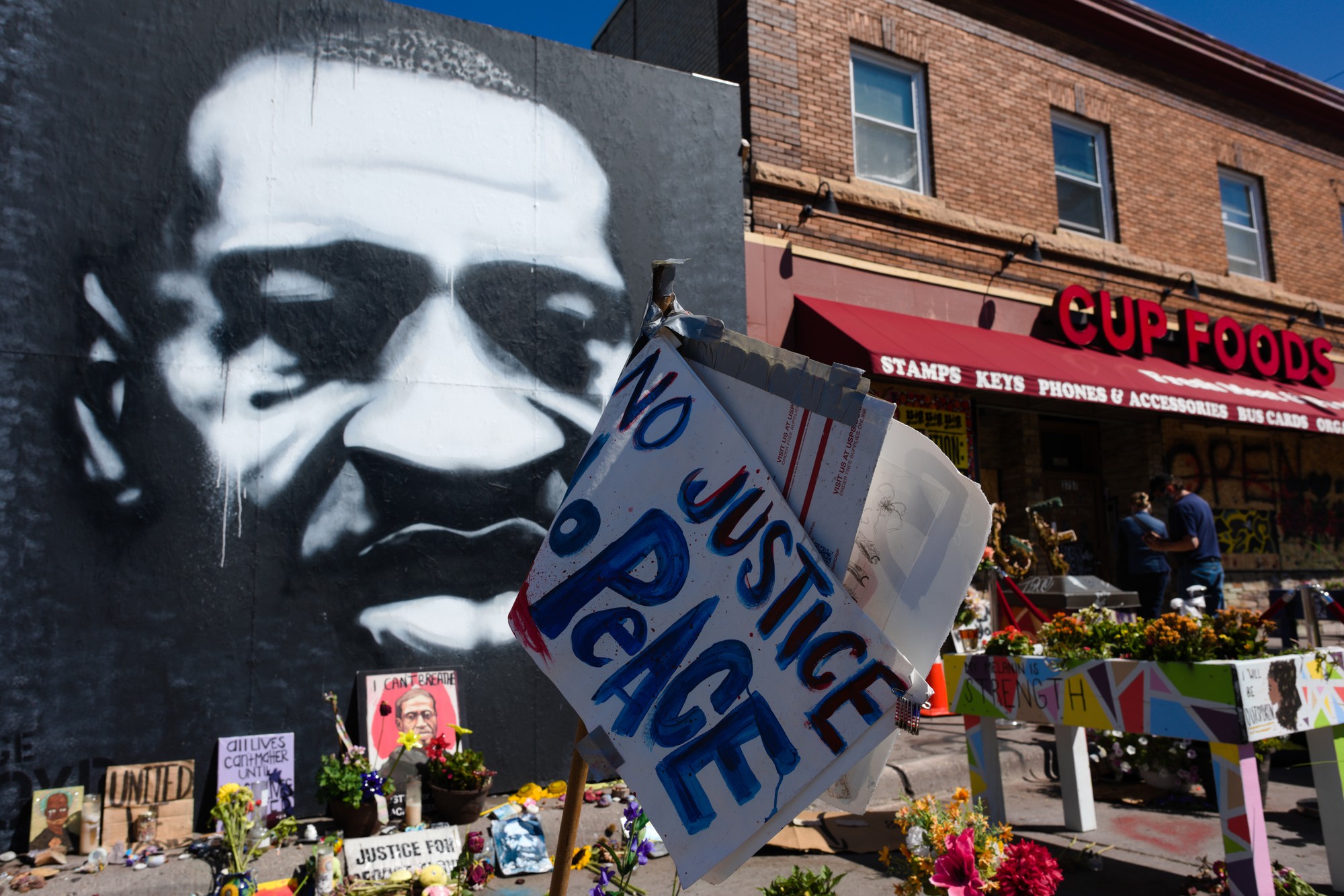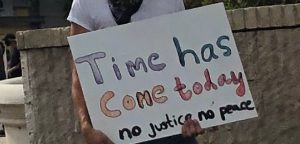On Tuesday, jurors in Minnesota found the former Minneapolis police officer Derek Chauvin guilty on all three of his charges: second-degree unintentional murder, third-degree murder and second-degree manslaughter.
This ruling comes almost a year after the killing of George Floyd last May, when Chauvin held his knee down on Floyd’s neck for nine minutes and 29 seconds. The tragedy sparked several civil rights protests throughout the country.
Photo by Kristine Aramyan
Floyd continuously uttered “I can’t breathe” as Chauvin pressed against his neck. Medical experts who were present during the trial testified, saying that Floyd died due to a lack of oxygen.
President Joe Biden commented on the verdict, expressing that Floyd’s death was “a murder in full light of day, and it ripped the blinders off for the whole world.”
Chauvin is set to face up to 40 years in prison.
Many Americans expressed relief at the verdict but have also acknowledged that the fight for justice is incomplete. The conviction takes a step towards addressing issues within America’s police and criminal justice systems, which have disproportionately targeted Black people for decades.
On the first day of Chauvin’s trial, 13-year-old Adam Toledo was fatally shot by Chicago police. About a week before Chauvin’s verdict was announced, 20-year-old Daunte Wright was also shot and killed by a police officer. On the day of Chauvin’s conviction, 16-year-old Ma’Khia Bryant was shot and killed by police in Columbus, Ohio.
Nearly 75 people have been killed by police since the trial of Derek Chauvin began three weeks ago.
Many Americans have contacted their state district attorneys, mayors, governors and police departments, asking them to rebuild police systems and address hate crimes within their communities.
Featured image via Flickr


